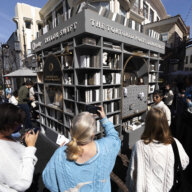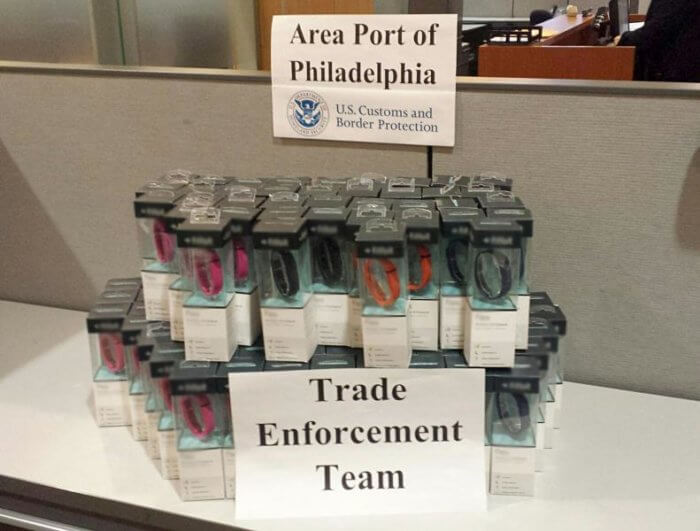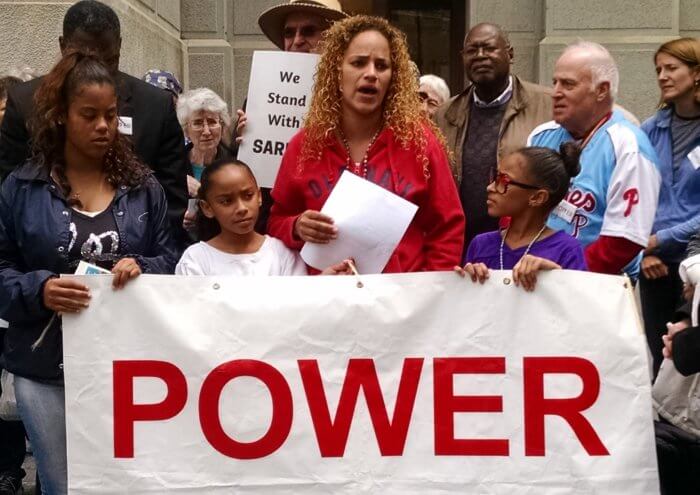When you put the words “business” and “Greater Philadelphia” together in a sentence, people’s minds will most likely conjure images of corporate giants that are headquartered in the region, such as Comcast in Center City, DuPont in Wilmington, Delaware, or AmerisourceBergen in Chesterbrook, Pennsylvania. They might also think of the small mom and pop businesses that line North Second Street in Northern Liberties. These are the kinds of companies that define Greater Philadelphia’s diverse economy, but there is another, very important part of the economy that oftentimes gets overlooked. Greater Philadelphia’s middle markets companies — those with revenues between $10 million and $1 billion — are a large part of what drives growth in Greater Philadelphia’s economy. They currently represent 27 percent of total regional employment, despite accounting for only approximately one percent of companies. A recent study conducted by the Chamber of Commerce for Greater Philadelphia explores the middle market’s impact on the region’s economy and examines the key findings that distinguish the potential for significant job growth middle market companies can create. The report, “Mobilizing Greater Philadelphia’s Middle Market,” identifies six key themes that could encourage middle market growth in the region: STEM and front-line talent, sustaining growth in closely held businesses, access to capital needed for growth, business climate, transportation infrastructure and industry hubs and startup pipeline. Although middle market companies often go unnoticed, they have a combined revenue of over $180 billion in Greater Philadelphia alone, and publicly traded middle market companies in the 11 counties have outperformed their larger peers. These companies have revenue growth estimated at 4.8 percentage points higher than the national middle market projection, but they will only achieve that if they receive the support needed from state and local governments, colleges and universities, and economic development organizations. The report concludes that in order to increase high growth rates in Greater Philadelphia’s economy, middle market companies must be supported through:
Our Chamber is convening middle market executives and stakeholders through our recently launched Middle Market Action Team in order to identify and act on opportunities that support these vital job creators in our community. If you are interested in getting involved in our Middle Market Action Team, email me at [email protected]. Rob Wonderling is president of the Chamber of Commerce of Greater Philadelphia. He can be contacted athttp://chamberphl.com/about/the-president
Greater Philadelphia’s middle market spurs economic growth

Provided































